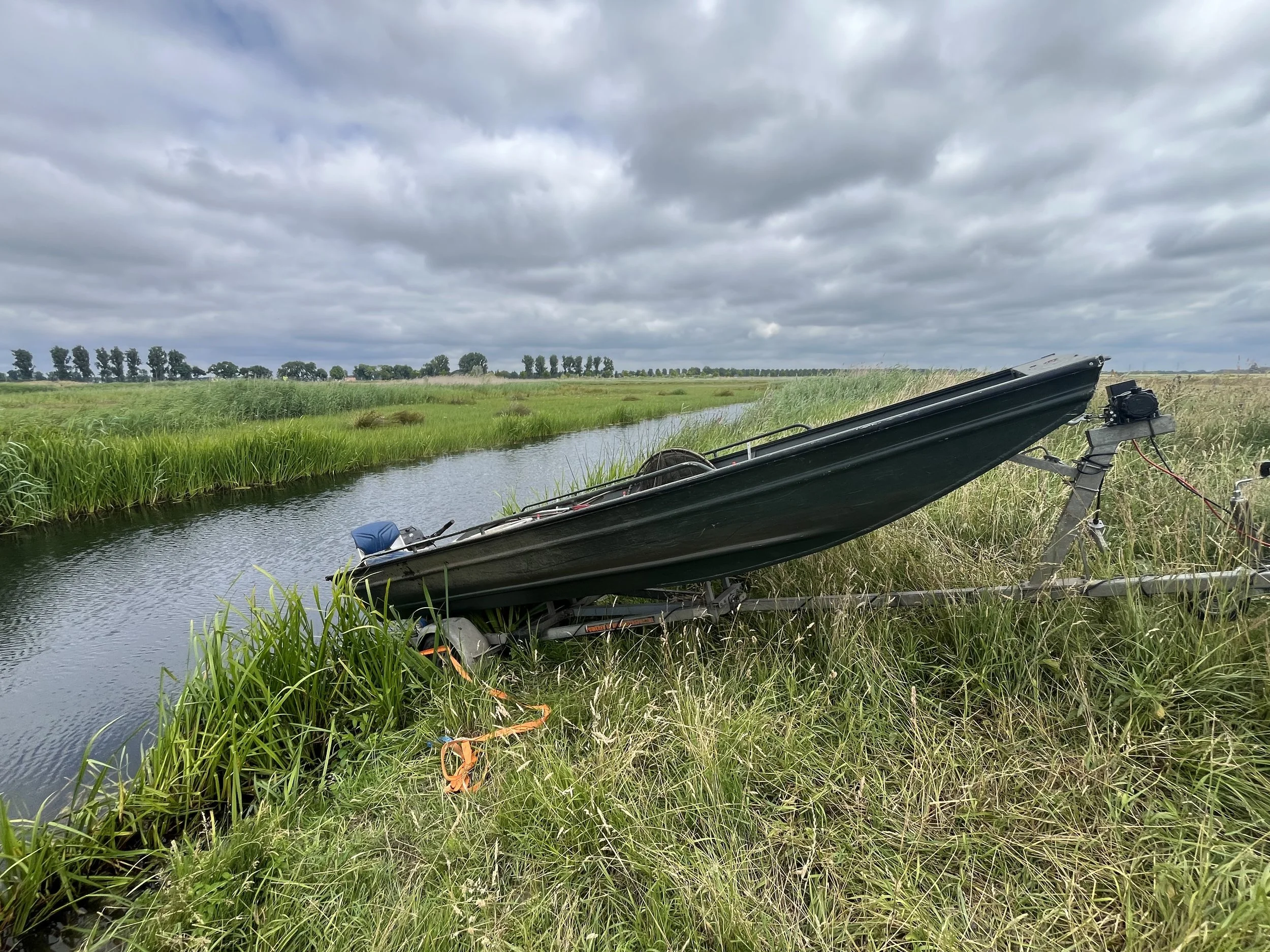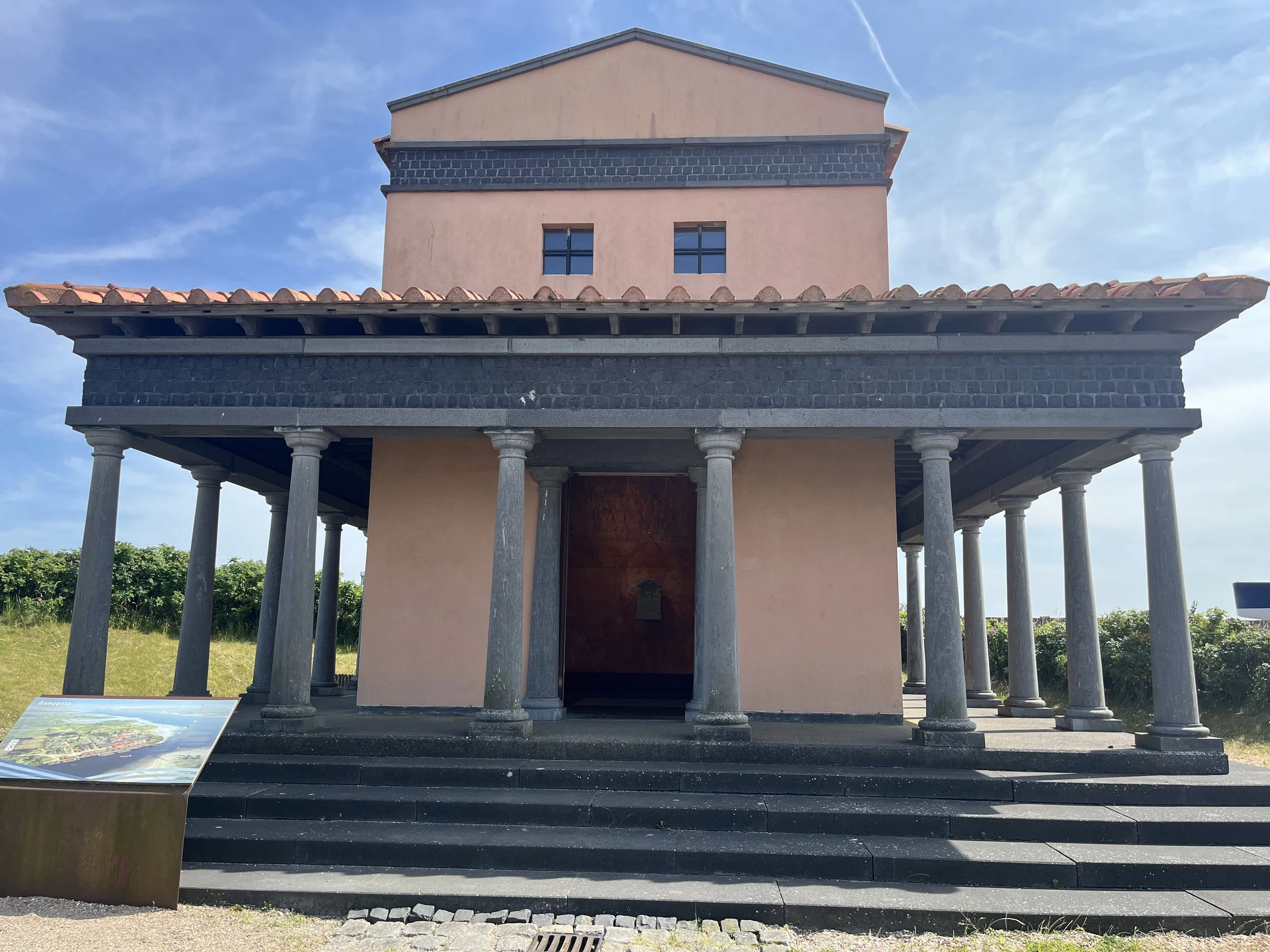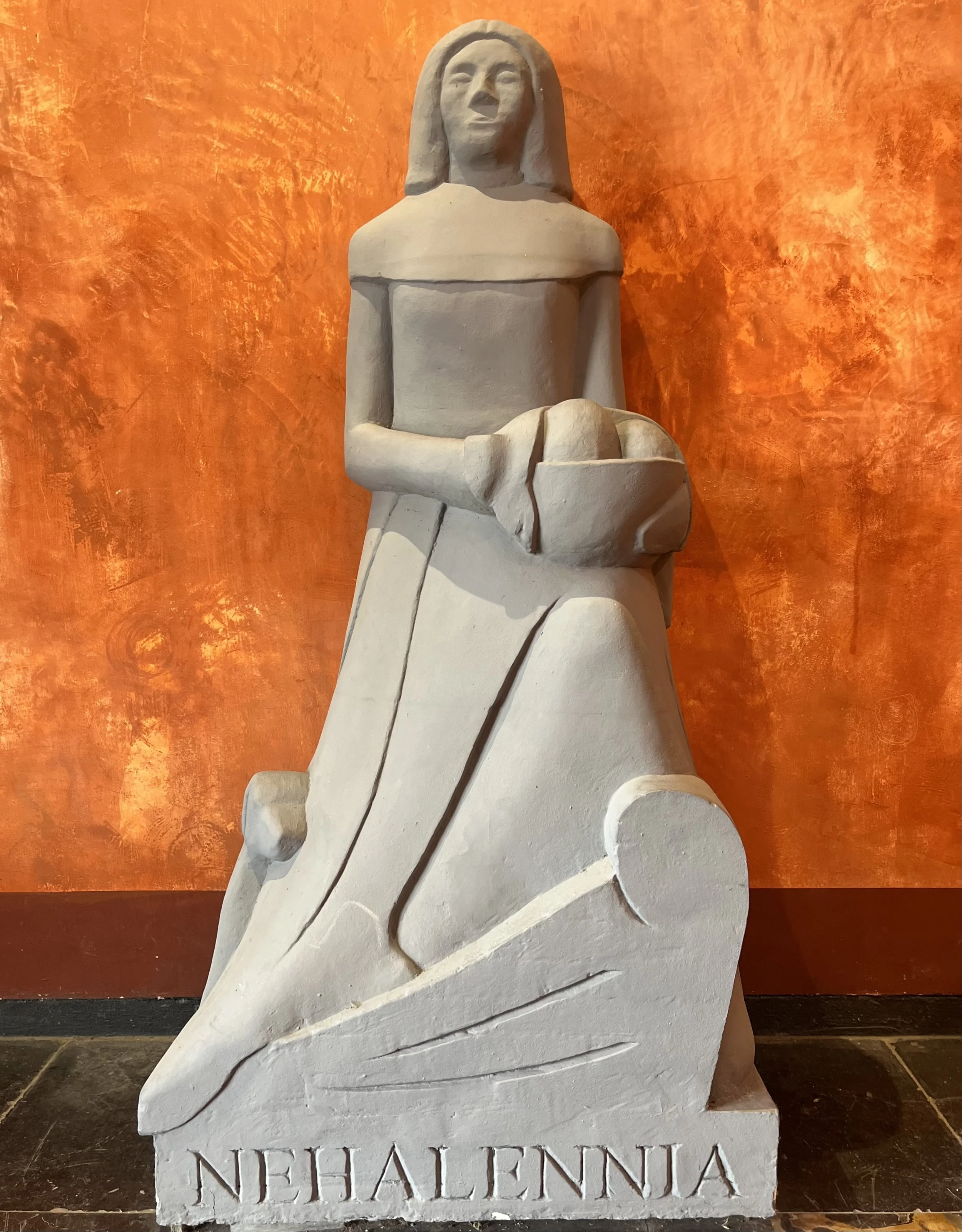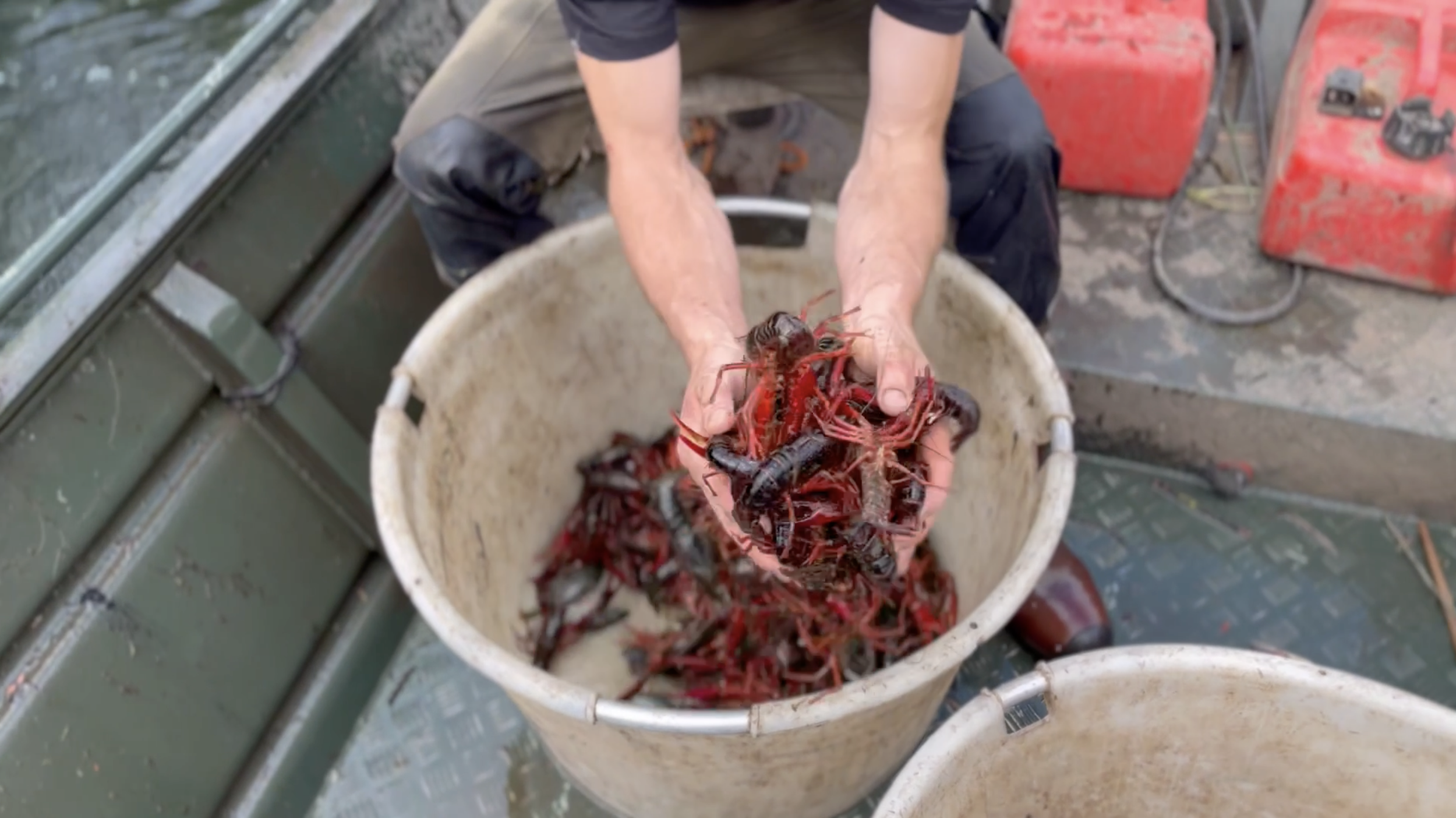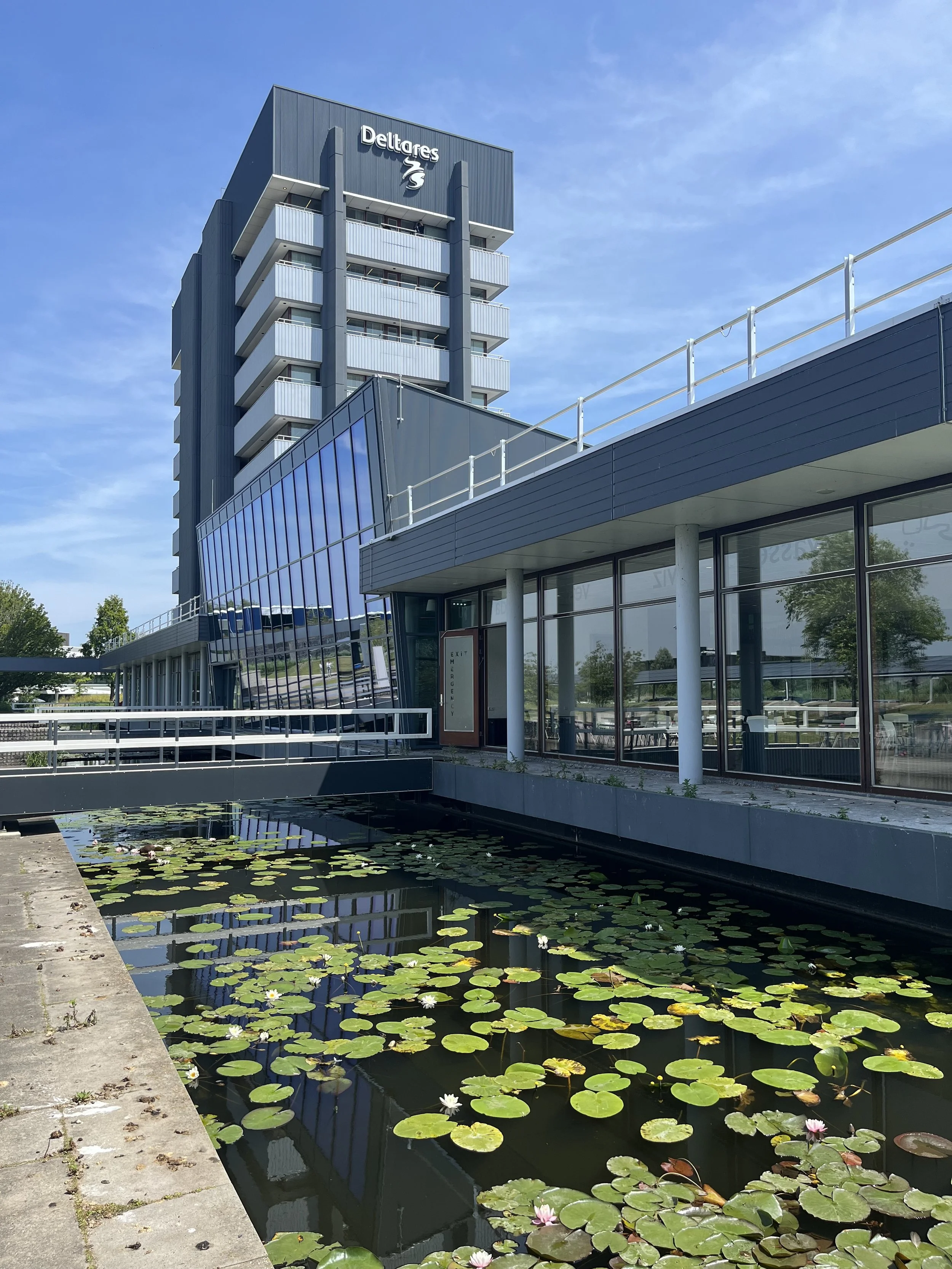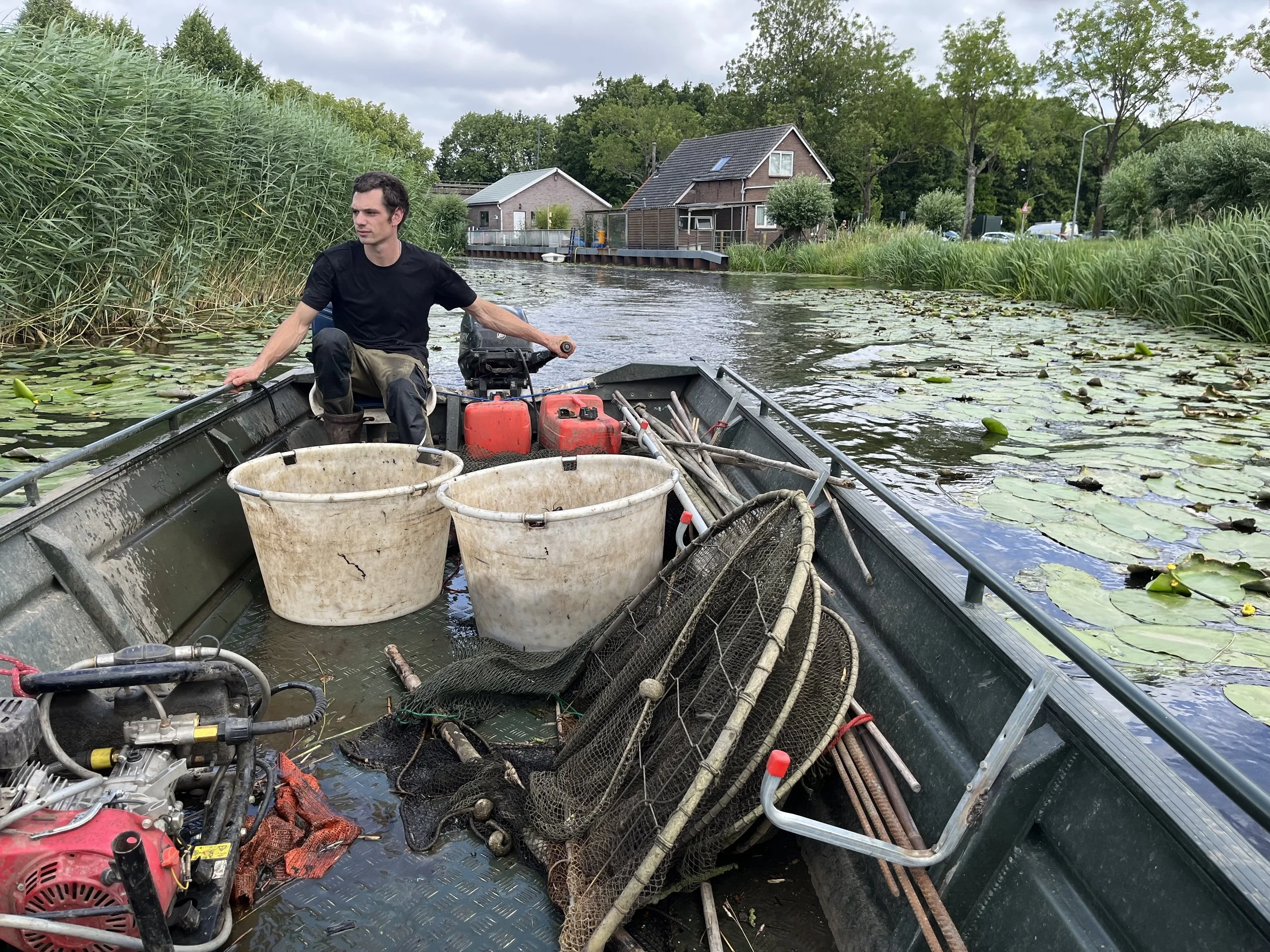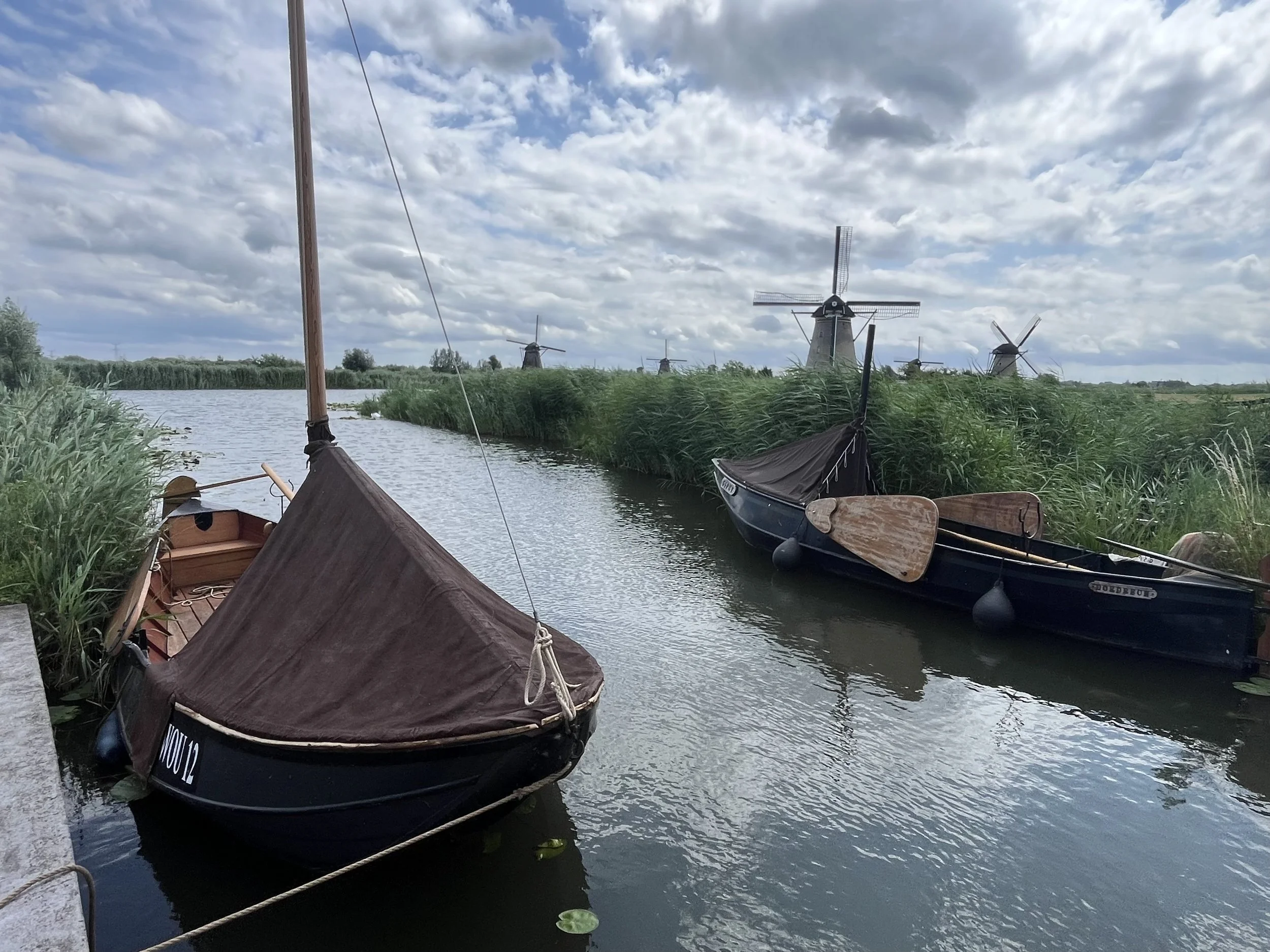
PROJECT #73
LSU FIELD RESEARCH IN THE NETHERLANDS
Summer 2025 | Netherlands | Rhine-Maas-Sheldt Delta
xxx
xxx
xxx
xxx
xxx
xxx
Filmmaker Connects Louisiana to the Netherlands
In 2005, when Hurricane Katrina devastated New Orleans and much of South Louisiana, filmmaker Zack Godshall turned his lens to the rivers, wetlands, and coastal communities that define his home state. For two decades, he has explored the transition zones between land and sea, telling stories of resilience in the face of constant uncertainty.
That journey has now led him to a new chapter. In spring 2026, Godshall will travel to the Netherlands on a Fulbright Fellowship to research and document stories from a country that, like Louisiana, is defined by water. Both regions sit at or below sea level, both are built on vast river deltas, and both have faced devastating floods. But while Louisiana still lives with that uncertainty, the Dutch have become global leaders in water management, building one of the most extensive flood protection systems in the world.
This contrast inspires Godshall’s central mission: to create a “Storytelling Bridge” between Louisiana and the Netherlands. Since Katrina, engineers and planners have exchanged technical knowledge across the Atlantic, but rarely have stories been shared. Godshall hopes to change that—using film, essays, and photography to explore what it means to live with water in two very different contexts.
To lay the groundwork, he spent the summer of 2025 traveling through the Netherlands with support from Rivers are Life. He met scientists at Deltares, architects at TU Delft, and explored the Dutch strategy of giving Room for the River. He visited the Delta Works, a vast system of dams and surge barriers often called one of the Seven Wonders of the Modern World. And he stumbled across smaller but equally compelling stories—like American crawfish thriving in Dutch canals, or a reconstructed Roman temple dedicated to a water goddess.
Each of these encounters offered a new perspective on the relationship between people and rivers. When he returns for his residency, Godshall plans to develop these threads into short documentaries, essays, or new creative forms. Some stories may highlight Dutch innovation, while others will probe deeper cultural questions: What happens to a culture and society when flooding is no longer expected? How does memory change when water is controlled?
For Godshall, storytelling is a way to connect science, history, and everyday life. In Louisiana, storm stories are passed down through families. In the Netherlands, the 1953 North Sea Flood still shapes collective memory. By placing these narratives in conversation, his films will highlight the universal truth that “every river has a voice.”
This project is not only about art—it’s about recognizing rivers as vital connections. By bringing stories from Louisiana and the Netherlands into dialogue, Godshall underscores a central truth: safeguarding waterways is inseparable from safeguarding communities, traditions, and generations to come.
To follow his journey, visit zackgodshall.com or connect on Instagram @zackgodshall.

